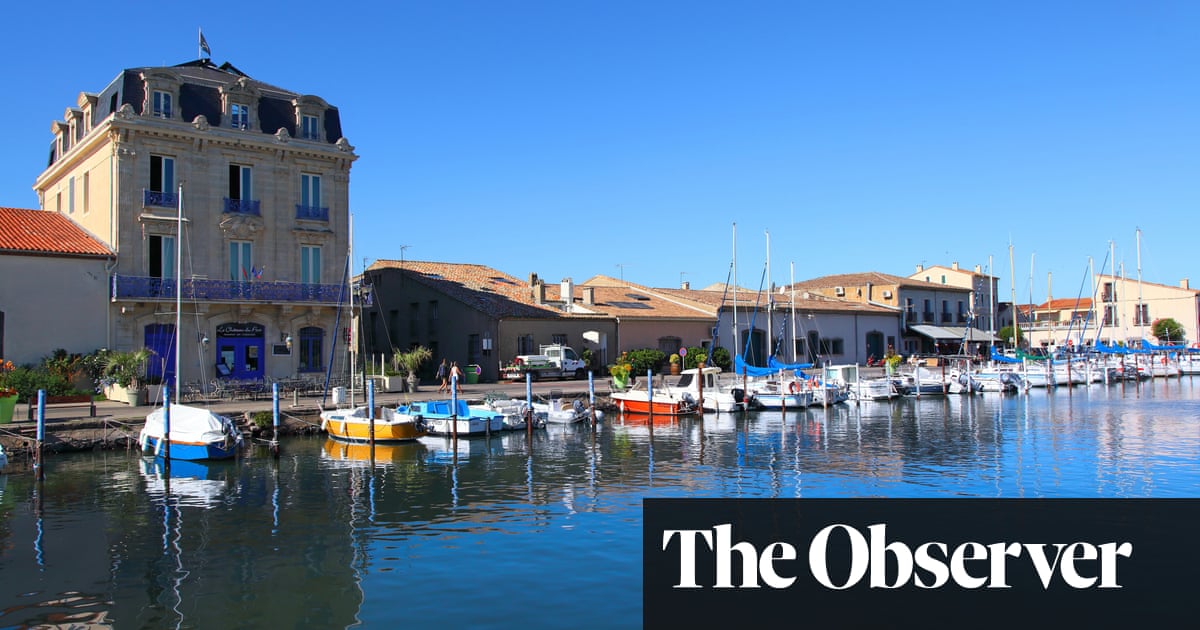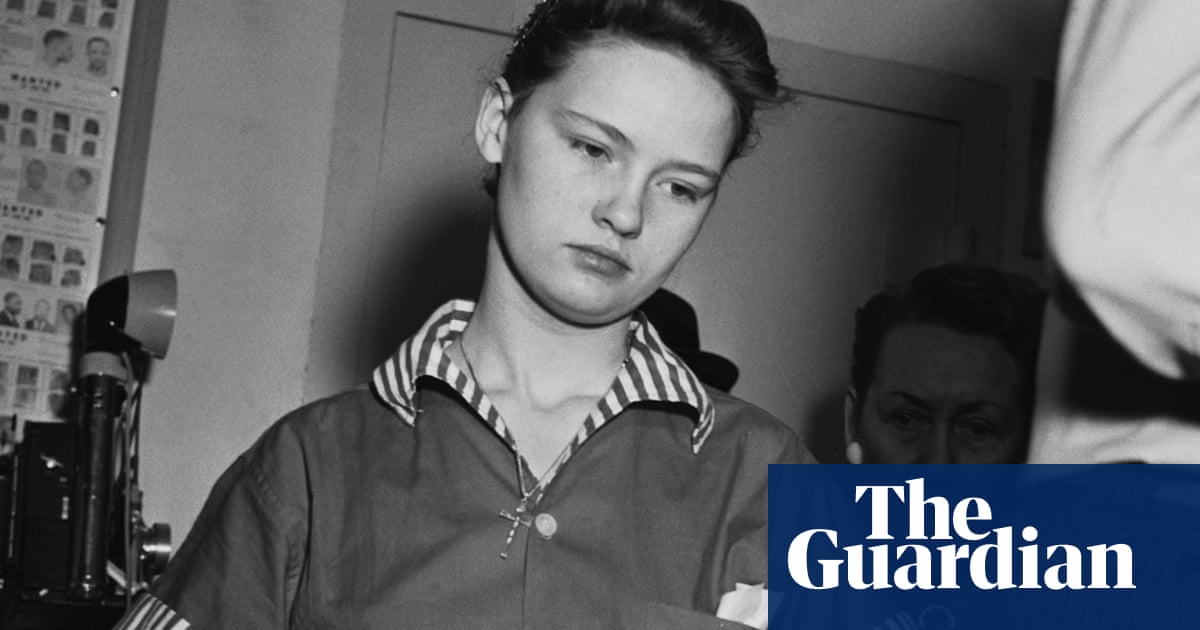
The nights draw in, the conkers ripen, the morning mist lies in thickly whipped folds at the bottom of the valley, and children start asking how long it is until Christmas. To which the answer this year can only be: it’s complicated.
Following some ominous rumblings from the archbishop of Canterbury, the justice secretary, Robert Buckland, insisted this week: “Christmas is not cancelled”. This is true, in a specific and limited way: there will still be stockings and stuffing and Advent calendars, and a Conservative government will surely move heaven and earth to open church on Christmas morning. But Christmas in its broadest sense, or as we have always known it, may be a year or more away still.
If the rule of six still holds by December, big family gatherings are out – although one suspects some neighbours will agree mutual nonaggression pacts over the odd unlawful grandchild. If school Nativity plays go ahead, parents may well be watching Mary and Joseph fluff their lines over Zoom. Carol concerts look dubious, pending further evidence on whether singing raises the risk of airborne transmission; and any visit to Santa’s heavily sanitised grotto will surely require masks over beards.
The emerging school-gate consensus, meanwhile, is that Halloween trick-or-treating, that early warmup act for Santa, is off; gaggles of children going house to house, all burrowing through the same bowls of sweets, has “super-spreading event” written all over it.
Worse things have, of course, happened to many families this year than not knowing what size turkey to order. And the country will be asking nothing of Christians that it hasn’t asked of Jews – who held Passover seders this year over Zoom and are now busy working out how to mark a socially distant Rosh Hashanah – or of Muslims in the north-west of England, who were banned from mixing on the eve of Eid.
But the mourning for Christmas isn’t just about Christmas, nor even about the Christmas-sized hole blown in a fragile economy if bars are starved of drunken office-party custom, and pantomimes can’t go ahead. Think panto is just a bit of fun? Oh no it isn’t. For smaller regional theatres, it’s the one guaranteed moneyspinner of the year, on which much else depends. It’s about needing something to look forward to, as the walls close in and it gets dark before teatime. There’s a reason so many cultures have festivals of lights and candles in deep midwinter: at a melancholy time of year, having something flickering hopefully on the horizon matters.
One of the unexpected small hardships of lockdown was losing the ability to plan further than a week ahead, since nobody knew where we might be by then. Like prisoners facing a long stretch, we learned to live from day to day, because no good comes of thinking about how long we might be in for.
Only as the shutters lifted did it gradually feel safe to look forward again, although anyone booking holidays quickly learned that a plan is only a plan until a quarantine smacks you in the mouth.
But now we’re heading back into limbo, and the only plans I’m making are depressingly prosaic lists of ways to prepare: get dental check-ups while we still can; stock the freezer; think of projects to keep bored kids busy inside when it’s raining. Large swaths of north-east England have now joined the north-west in hunkering down under new restrictions; and London, too, is threatened with curfews before long.
A chronic shortage of tests, hampering efforts to detect outbreaks early, only makes another lockdown more likely despite ministerial denials. Even the lectures about going back to the office have suddenly stopped. It’s back to living strictly in the moment, which is infinitely less exciting than it sounds.
Even the Treasury seems to be struggling to plan ahead now, with rumours sweeping Whitehall last week that this November’s budget and spending review may be postponed owing to the uncertainties created by both the pandemic and an unresolved Brexit. True, it’s hard to see how any economic forecast could reliably project much beyond New Year’s Eve (presumably now cancelled too). Yet scrapping the announcement would leave departments just as rudderless as the rest of us. What would be the grand plan, for a prime minister sensitive to the charge that he’s never really had one?
For all the unedifying hash they have made of things recently, the government at large – and the health secretary, Matt Hancock, in particular – seem to have drawn the correct lesson from spring, which is not to wait until people start dying. If we’re lucky, all the masking and handwashing and skirting nervously round one other in the supermarket might mean those infected in a second wave pick up a smaller and less fatal dose, though it’s impossible to be sure.
So Boris Johnson is right that the time to act in order to save Christmas is now, when Tory backbenchers and rightwing commentators are still harrumphing that it’s all a fuss over nothing. Wait until they’ve fallen sheepishly silent and it will be too late. Infection rates among middle-aged people, who don’t shake this virus off so easily, are already creeping up, and cases are beginning to emerge in care homes too. Nobody wants to condemn fellow human beings to a miserable turkey-for-one. But unless they can get cases down in the next few weeks, politicians may be left with little choice.
All of which means the model now is Belgium, where a shock-and-awe strategy at an early stage seems to have stopped a surge in cases. But it will only work if Johnson sticks at it, rather than undermining his own government’s advice as he tends to do once it becomes unpopular.
When people rage against restrictions he should listen instead to what lies beneath the anger – which is often a fear of losing control, and a sense that things are slipping away from us again. Listen hard enough, and the lockdown sceptics boasting that they won’t wear masks sound less like swaggering hard men than frightened little boys channelling their anxiety. Even the conspiracy theorists peddling nonsense about a “plandemic” mysteriously orchestrated by big pharma are arguably self-soothing in their own way, trying to impose some kind of imaginary order on chaos.
And demanding a Christmas suspension of pandemic hostilities, as if the virus could somehow be trusted to do the decent thing and respect a religious holiday, sounds horribly like an attempt to maintain the illusion that we’re in charge – when the truth is that the virus is sliding back into the driving seat. I don’t want Christmas to be cancelled either, but I will admit that it’s not about Christmas, really. It’s about not wanting darkness to swallow us up.












